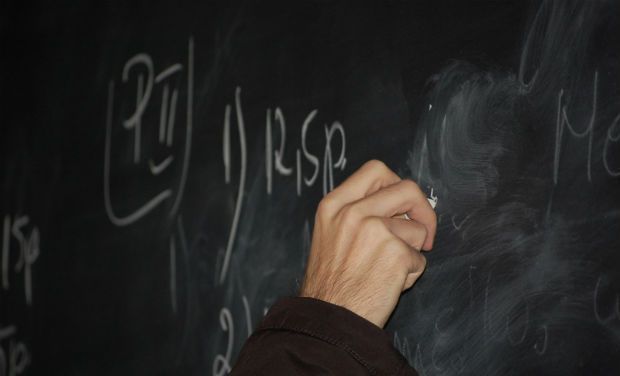Chennai: For the last seven years, 65-year- old G. Asad Ali and his wife Meharunnisa have endured many a sleepless night, worrying about the future of their son Arif Iqbal. It began in March 2007, when Iqbal was a student of class 7 standard at Kesari Matriculation School in Mylapore. His Hindi teacher T. Ramagowri, annoyed at him for not doing the homework properly, pinched his cheek so hard that it resulted in bleeding. And that was just the beginning.
With the parents raising questions on corporal punishment and deciding to go to the police, the school hardened its stand, with the management refusing to give a transfer certificate unless Mr Ali withdrew his complaint. Ever since, Iqbal’s parents have taken the issue to various authorities including the Chief Minister’s cell, but to no legal remedy.
On Thursday, however, in front of a high court bench comprising Chief Justice Sanjay Kishan Kaul and Justice M. Sathyanarayanan the teacher agreed to pay a compensation of Rs 50,000.
At their home in Royapettah, the family is not celebrating.
Asad a retired postman said the much delayed monetary compensation is nothing compared to the lost opportunity for his son. “The school management made us toil before granting the transfer certificate that we requested. It was finally granted in July 2008. By then, we could not find another school for Iqbal and had to enrol him under private tutorial,” he said. Iqbal had to privately sit for class 10 state board examination and passed in 2010, but then finding it difficult to secure admission to a mainstream school, he decided to drop out.
Asad’s wife, a homemaker who doggedly pursued her son’s case, added, “Iqbal’s sister (one year elder) was studying with him in the same school. But while, she is currently in her final year BCA programme, Iqbal is working in a private firm. Friends and relatives constantly ask us about this, but we have no answer,” she says. After much thought, Asad says while a teacher has the right to correct students, the way they do it should be in line with the principles laid down by law.
“When I met the teacher, in the immediate aftermath of the incident, she seemed totally unregretful and was so rude. All I wanted from her was a clarification and an apology,” he said.
Pointing to repeating instances of corporal punishment, Meharunnisa reflected that unless a firm action like dismissing the erring teacher from service is taken, no deterring examples can be espoused in society.


